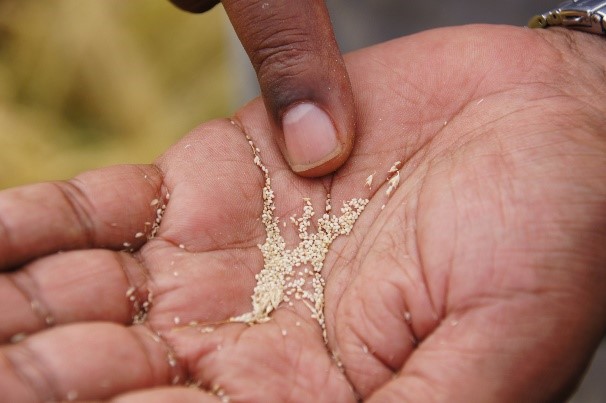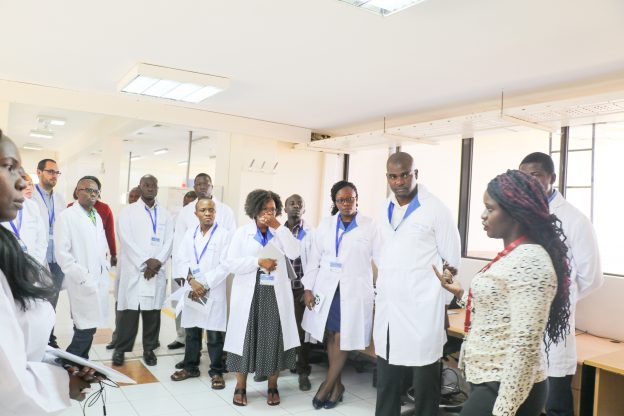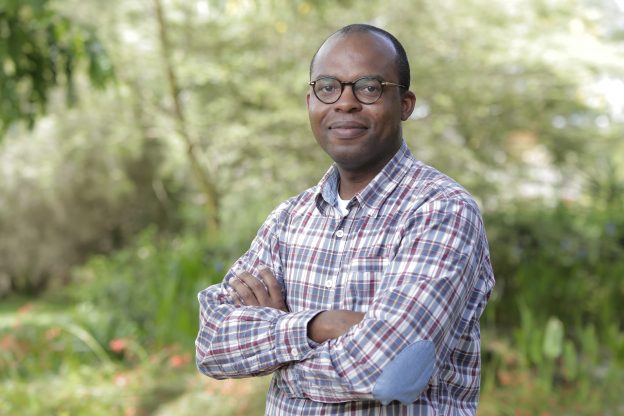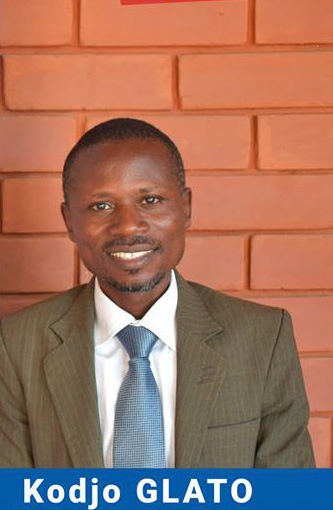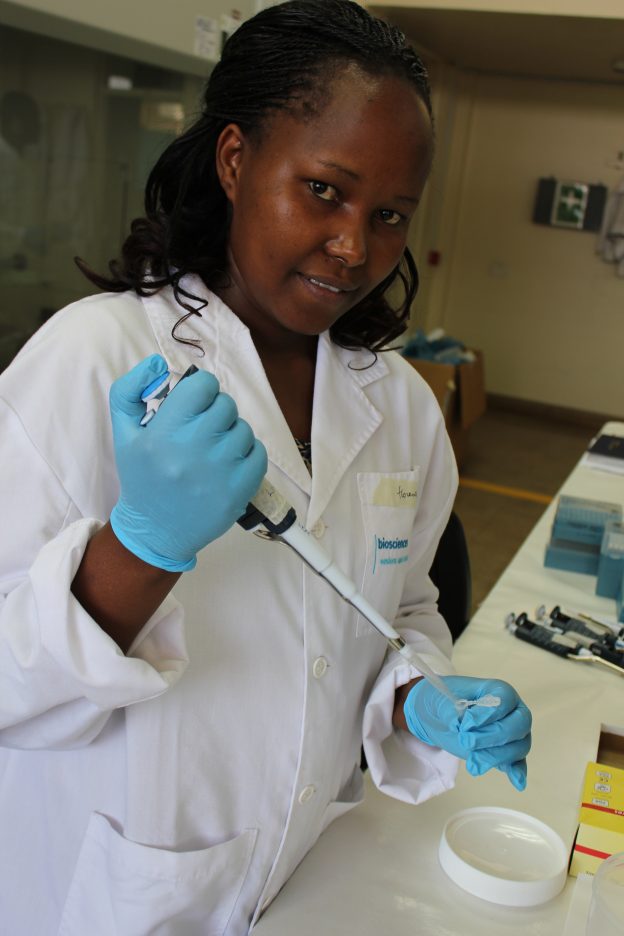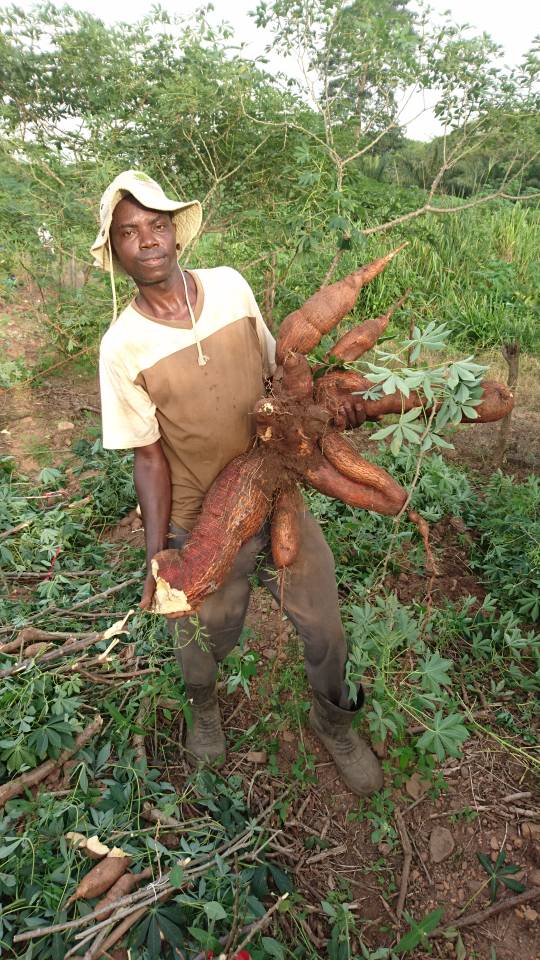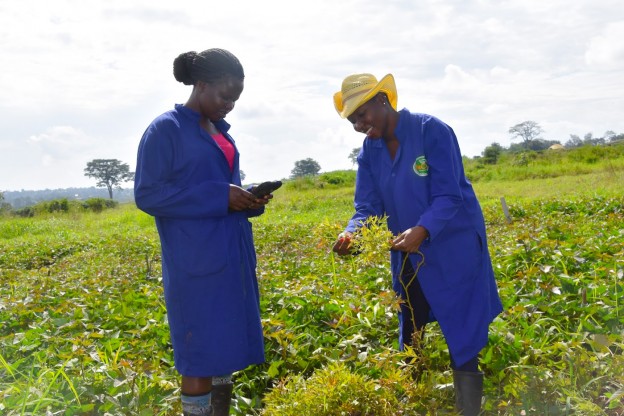In a truly international collaboration, BecA-ILRI hub is partnering with a team of scientists from the John Innes Centre (JIC, UK), University of Bern (Unibe, Switzerland) and the Ethiopia Institute of Agricultural Research (EIAR, Ethiopia) to use modern genomics tools to address some of the constraints to tef production.
The team, whose other members include Dr Kebebew Assefa, Dr Solomon Chaleyew, Dr Brande Wulff, Dr Kumar Guarav, Dr Dejene Girma and Dr Zerihun Zadele (Universität Bern), will be sequencing the entire genome of a representative collection of the 200 tef lines from Ethiopia. This will be the first time genome sequencing will be done at this scale in this primarily neglected crops.
In addition to this valuable genomic data, the team will extensively measure different aspects of tef’s growth in the field, allowing them to identify genes controlling different characteristics in tef including grain size and plant height.
Knowing these genes will enable Ethiopian researchers to mix-and-match different essential genes through breeding to develop tef varieties with bigger grain and studier stem.
“We are delighted to work alongside our partners at BecA-ILRI Hub, EIAR and Bern on this important crop. We hope that the use of genomic approaches and training will provide new tools for breeders to develop improved tef cultivars for farmers.”
Prof Cristobal Uauy, Project lead
Tef is an ancient crop grown in Ethiopia for more than 2000 years. It constitutes a large part of the diet of the 112 million people in Ethiopia as it is used to make Ethiopia’s main staple dish – injera, a flat fermented bread eaten daily in virtually every household.
Tef’s ability to grow under harsh environmental conditions and marginal soils makes it a fail-safe crop of choice by many subsistence farmers in Ethiopia.
Tef is also attracting a lot of attention beyond the border of Ethiopia. Over the last decade, tef popularity as a global “superfood” is growing in the western world mainly due to its high nutrient profile with high Fe, Ca, fibre, resistant starch and lysine content. Tef flour is gluten-free.
Although a vital food security crop and an increasingly popular crop, tef is particularly challenging to produce compared to many cereal crops. One big problem with tef production is the very tiny size of its seed small seed.
Tef seeds are (< 1 mm wide and 75 tef seeds weigh as much a single rice grain. The tiny seed size is, however, not the only problem tef farmers are grappling with. Tef plants also have very tiny, slender and weak stems which falls over (lodge) when the plants are ready for harvest causing massive seed losses.
The name tef is actually derived from the Amharic word for lost (“teffa”) bearing reference to the fact that the tiny seeds are lost during harvest.
The project is funded through a FLAIR collaboration grant award from the Royal Society UK to Prof Cristobal Uauy (JIC) and Dr Oluwaseyi Shorinola (BecA-ILRI Hub).
“This is a genuinely equitable north-south collaboration to improve a very important but largely neglected crop in Africa. Our collaboration will produce lasting and valuable genomics resource that Ethiopian researchers can use and re-use for a long time to improve any characteristic of interest in tef.”
Dr Oluwaseyi Shorinola, a co-lead on the project
